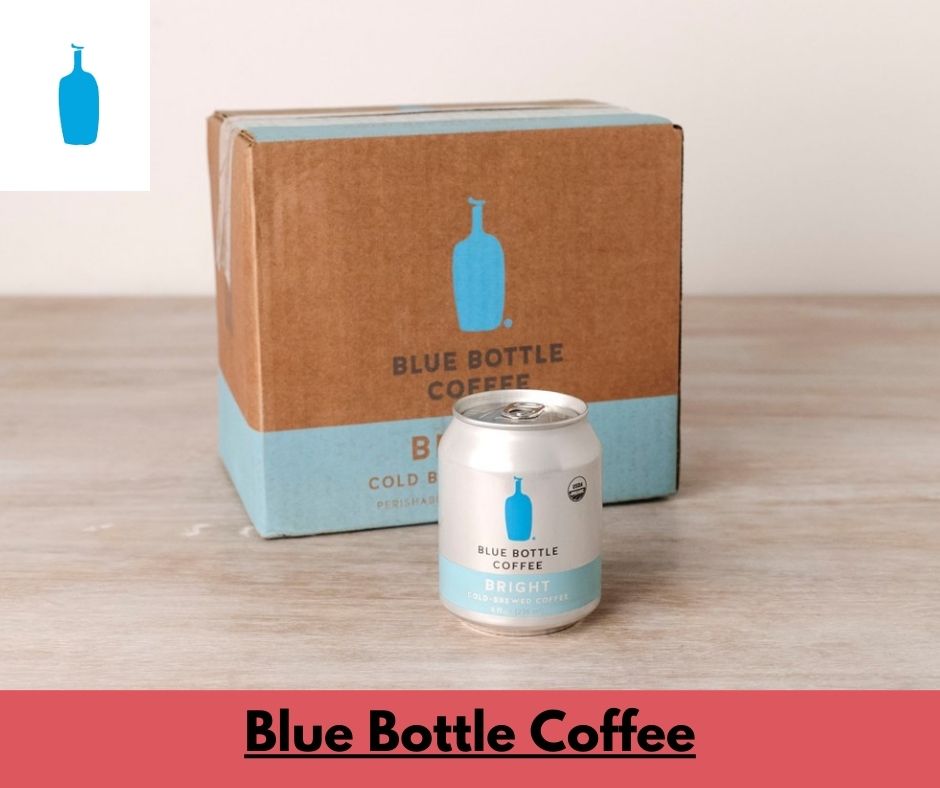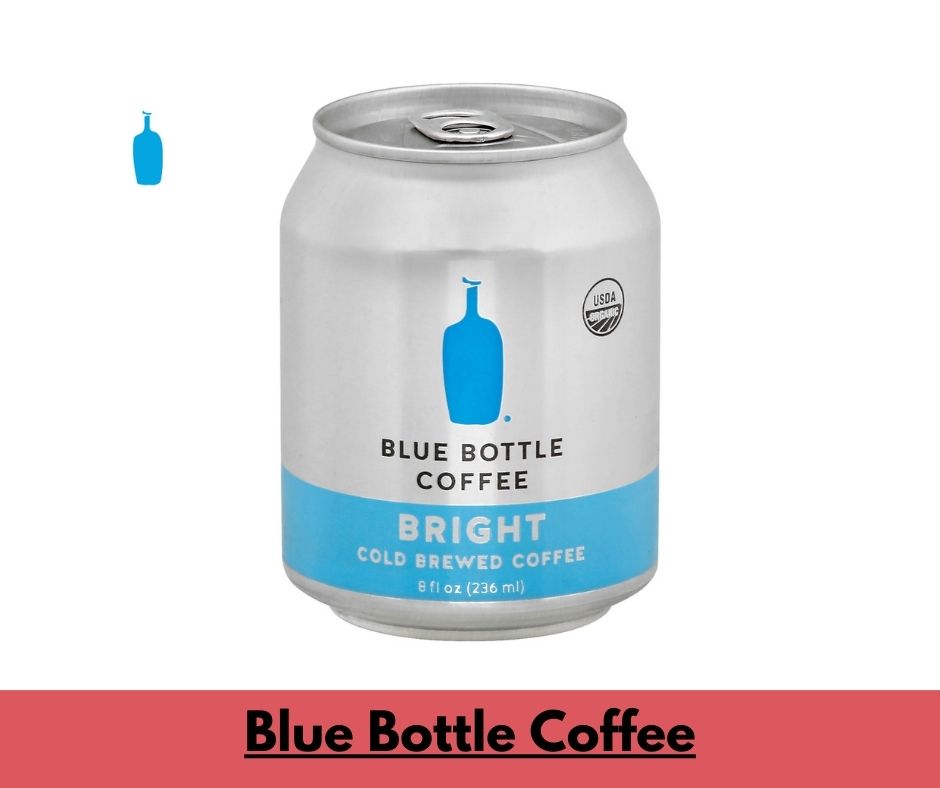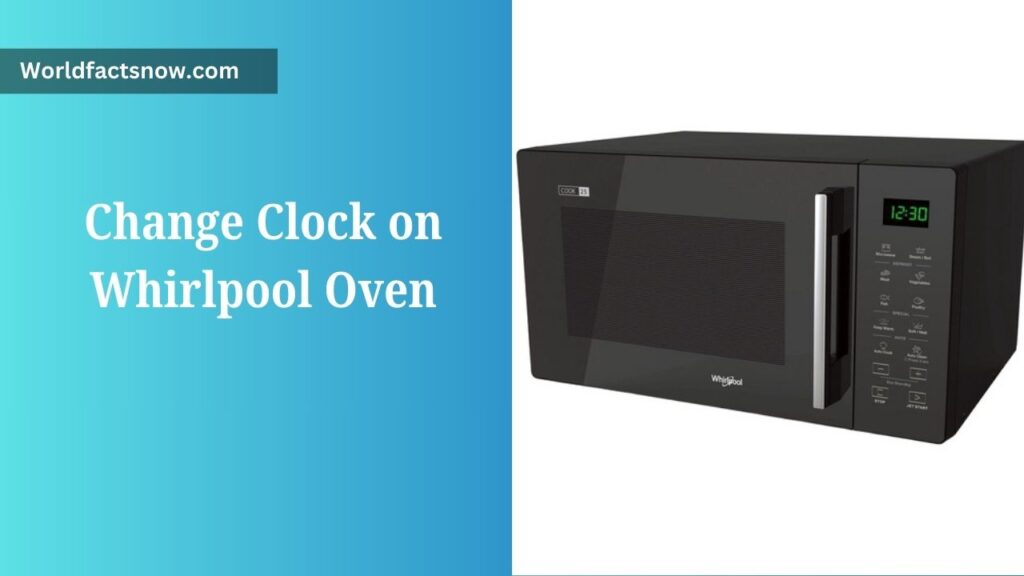Blue Bottle Coffee was founded by W. James Freeman in Oakland, California in 2002 after taking inspiration from one of Europe’s first coffee houses – The Blue Bottle Coffee House – as the model for his business model: roasting small batches fresh to deliver direct to customers. Blue Bottle initially focused on roasting coffee in 6-pound batches and providing it to customers within 24 hours, however, as the business expanded Blue Bottle began moving towards more of a cafe model instead of home delivery. Blue Bottle Coffee opened its first cafe in Oakland’s Temescal District and quickly expanded throughout the San Francisco Bay Area. By 2010, however, Blue Bottle announced its first location outside California: Williamsburg Brooklyn marked their expansion across the United States.
How did Blue Bottle Coffee Expand Internationally?
Blue Bottle Coffee’s success in America led it to venture abroad; opening its first international location in the Kiyosumi neighbourhood of Tokyo Japan in February 2015 as an experiment. Blue Bottle’s entry into Japan marked part of its strategy to capitalize on Japan’s blossoming coffee scene and establish itself in the Asia market. After finding success there, they expanded across Asia opening their first cafe in Seoul South Korea by May 2019. Blue Bottle didn’t stop there: expanding to Hong Kong during the COVID-19 pandemic in April 2020 was only part of its expansion in Asia; opening its inaugural cafe there later that same month near Suzhou Creek in downtown Shanghai was another step along its journey of expansion in 2022.

What Is Blue Bottle Coffee’s Relationship to Nestle?
Nestle took an important step toward revitalizing Blue Bottle Coffee when they acquired a 68% majority stake for up to $500 million, providing Blue Bottle with resources needed for expansion and enhanced operational capabilities. While independent of Nestle’s resources and distribution network, Blue Bottle still retains significant control with daily operations overseen by the management team while upholding its commitment to quality and sustainability through partnership agreements with this food giant. This arrangement also allows Blue Bottle to leverage Nestle’s expertise while remaining focused on offering its signature high-quality coffee experience while being part of something bigger.
What Sets Blue Bottle Coffee Apart in the Coffee Industry?
Blue Bottle Coffee has long been at the forefront of the third-wave coffee movement, which emphasizes high-quality single-origin beans roasted to artisan standards. Blue Bottle stands apart from many traditional coffee companies by procuring and roasting its beans with great care and precision. Blue Bottle’s cafes are known for their minimalist aesthetic that emphasizes the coffee itself. One of their signature offerings, “Gibraltar,” has gained immense popularity among coffee enthusiasts and enthusiasts. Blue Bottle stands out for both quality and sustainability initiatives, leading the charge in December 2019 when they announced plans to test eliminating disposable cups at some shops as part of their goal to achieve zero waste. Though details on its success remain undisclosed, this initiative exemplifies Blue Bottle’s dedication to environmental responsibility.
What Role Has Venture Capital Played in Blue Bottle Coffee’s Growth?
Venture capital funding has played an instrumental role in Blue Bottle Coffee’s rapid expansion. Starting in 2012 with $20 million received in venture capital funding that helped fuel their expansion and open new locations; Blue Bottle then raised another round in 2014 where they raised $25.75 million from investors led by Fidelity; by 2017, their total funding had hit an astounding $120 million! These financial infusions have enabled Blue Bottle to aggressively grow throughout its US base as well as key international markets worldwide to become an uncontested global leader of speciality coffee.
What Are Blue Bottle Coffee’s Future Plans?
Blue Bottle Coffee’s focus for the future lies in expansion and innovation. They aim to expand in existing markets while exploring opportunities in new ones while making efforts towards sustainability through efforts like reducing their environmental footprint and adopting responsible sourcing practices. Furthermore, Blue Bottle continually refines its product offering, exploring unique coffee blends and brewing methods that align with its mission of providing exceptional coffee experiences – this combination should enable Blue Bottle to continue its impressive growth trajectory over time.



